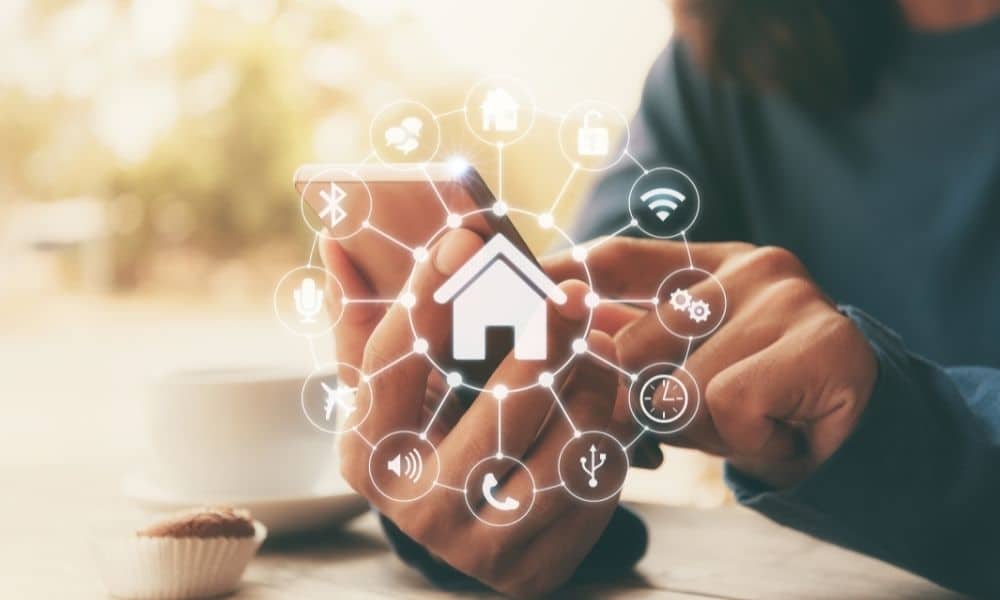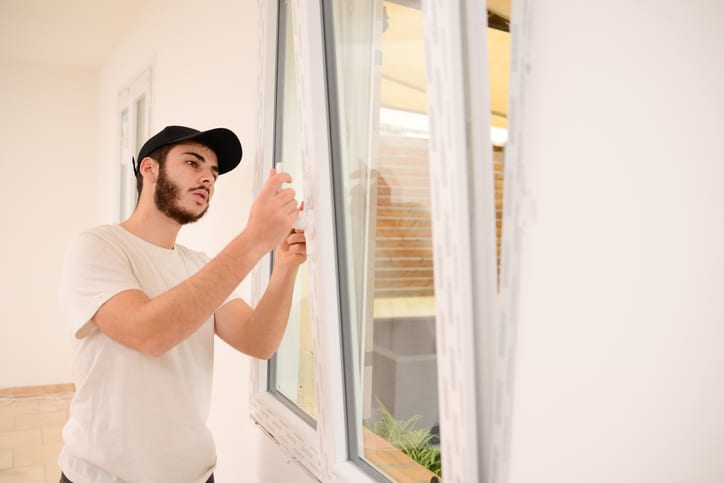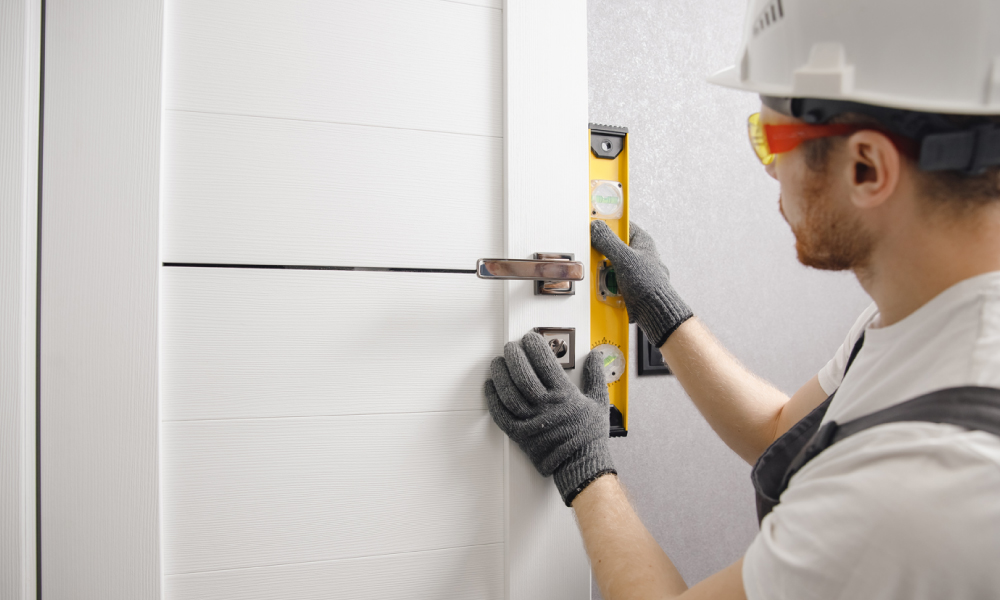Home automation has revolutionized the way we live, making our lives more convenient and efficient. However, its impact goes beyond just convenience. For individuals with disabilities, home automation systems play a crucial role in enhancing accessibility and improving their quality of life.
1. Independent Living

One of the primary benefits of home automation for disabled individuals is the ability to live independently. Home automation systems can be customized to meet the specific needs of each individual, allowing them to control various aspects of their home environment with ease. From adjusting lighting and temperature to opening and closing doors, these systems empower disabled individuals to live on their own terms.
2. Mobility Assistance
For individuals with mobility impairments, home automation provides invaluable assistance. With the integration of voice control and motion sensors, tasks that were once challenging or impossible become accessible. Smart home devices can be programmed to respond to voice commands, allowing individuals to control appliances, open and close curtains, and even answer the door without having to physically move.
3. Safety and Security
Home automation systems also contribute to the safety and security of disabled individuals. With the integration of sensors and cameras, these systems can detect potential hazards and alert the user or caretaker. For example, a smart smoke detector can send a notification to a disabled individual’s smartphone in case of a fire, allowing them to take appropriate action promptly. Similarly, surveillance cameras can provide peace of mind and deter potential intruders.
4. Energy Efficiency
Home automation can significantly contribute to energy efficiency, benefiting both the environment and the individual. Smart thermostats can regulate the temperature based on occupancy, reducing energy waste. Lighting systems can be programmed to turn off automatically when a room is unoccupied, saving electricity. These energy-saving features not only reduce utility bills but also promote sustainability.
5. Customization and Flexibility
Home automation systems are highly customizable, allowing disabled individuals to tailor their home environment to their specific needs. From controlling the height of kitchen counters to adjusting the height and angle of motorized beds, these systems offer the flexibility to create a living space that is comfortable and accessible. Customizable interfaces and adaptive technology further enhance usability.
Home automation has the power to transform the lives of disabled individuals, making their homes more accessible, safe, and comfortable. By enabling independent living, providing mobility assistance, enhancing safety and security, promoting energy efficiency, and offering customization options, these systems empower disabled individuals to live with greater freedom and dignity.




